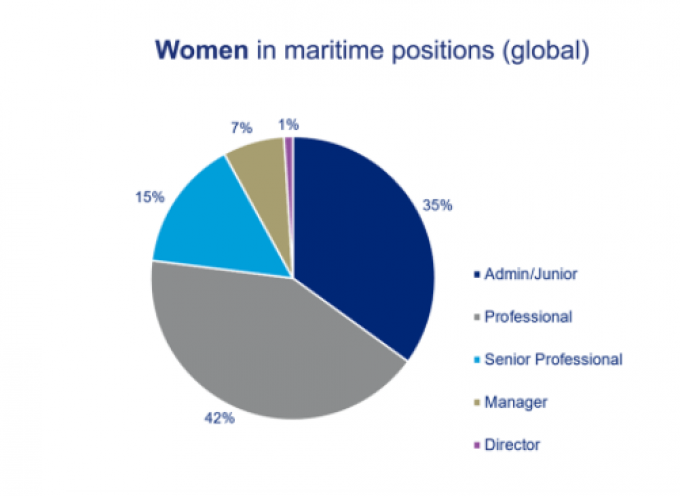Where were the women at CNS Partnership? Not playing golf – or talking cargo
Parental leave policy, work-life balance and family-friendly workplaces are all crucial topics that should be ...
GM: RAISING THE ROOF GGM: IN FULL THROTTLE GZIM: MAERSK BOOST KNIN: READ-ACROSSMAERSK: NOT ENOUGHMAERSK: GUIDANCE UPGRADEZIM: ROLLERCOASTERCAT: HEAVY DUTYMAERSK: CATCHING UP PG: DESTOCKING PATTERNSPG: HEALTH CHECKWTC: THE FALLGXO: DEFENSIVE FWRD: RALLYING ON TAKEOVER TALKODFL: STEADY YIELDVW: NEW MODEL NEEDEDWTC: TAKING PROFIT
GM: RAISING THE ROOF GGM: IN FULL THROTTLE GZIM: MAERSK BOOST KNIN: READ-ACROSSMAERSK: NOT ENOUGHMAERSK: GUIDANCE UPGRADEZIM: ROLLERCOASTERCAT: HEAVY DUTYMAERSK: CATCHING UP PG: DESTOCKING PATTERNSPG: HEALTH CHECKWTC: THE FALLGXO: DEFENSIVE FWRD: RALLYING ON TAKEOVER TALKODFL: STEADY YIELDVW: NEW MODEL NEEDEDWTC: TAKING PROFIT

Spinnaker Global’s head of marketing, Rachel Morgan, calls out the shipping industry in this piece in Fawcett Society, saying the treatment of women in the sector is “not good enough”. According to a report from Spinnaker, female employees are paid 45% less than their male counterparts, with only easyJet offering a wider gender pay gap (50%). Ms Morgan also highlights the massive number (50%) of female seafarers who have cited problems of sexual harassment at sea. And, she suggests, it is the sector itself that loses out by not modernising and improving conditions for all workers.
Comment on this article
Janny Kok
February 26, 2018 at 3:55 pmUnfortunately, there is nothing really new about the observations of Rachel Morgen. In 2015 WISTA UK held the conference Women at the Helm. Please see the first two paragraphs of the article I wrote at the time:
THE WOMEN at the Helm Conference, organised by WISTA UK and The Nautical Institute at the start of the London Shipping Week, clearly unveiled the difference between the message that there is a dire lack of shipping and maritime skills available globally and the reality. Keynote speaker Captain Helene Peter-Davies told the ‘full house’ of delegates in London City Hall that from her own experience. After quite some years at sea in senior positions she wanted a suitable job ashore. “I was advised that I was over qualified, under qualified, under experienced, over experienced, too old, too young.”
She – being the only female in her cohort of men who wanted to change from sea to shore – finally got a job after about twenty unsuccessful interviews. As it is, she proves to be qualified enough to work in the capacity of a Lawyer, Master Mariner, and Chief Engineer. Other keynote speakers include a Master Mariner/Pilot and Surveyor, a Ship Manager and surveyor and the president and COO, Europe Division ABB: all of them female.
One can say that the maritime industry still creates its own shortage of qualified staff